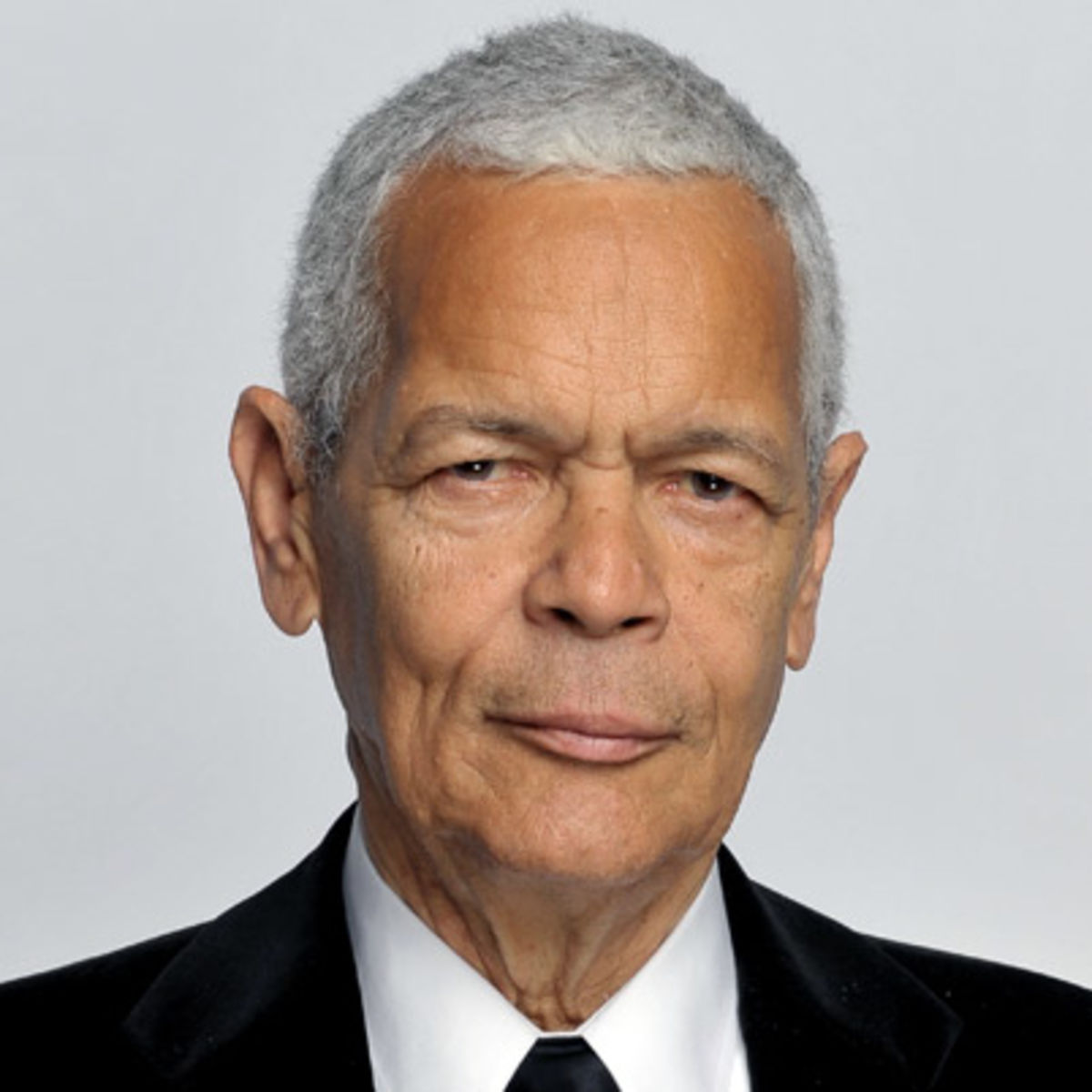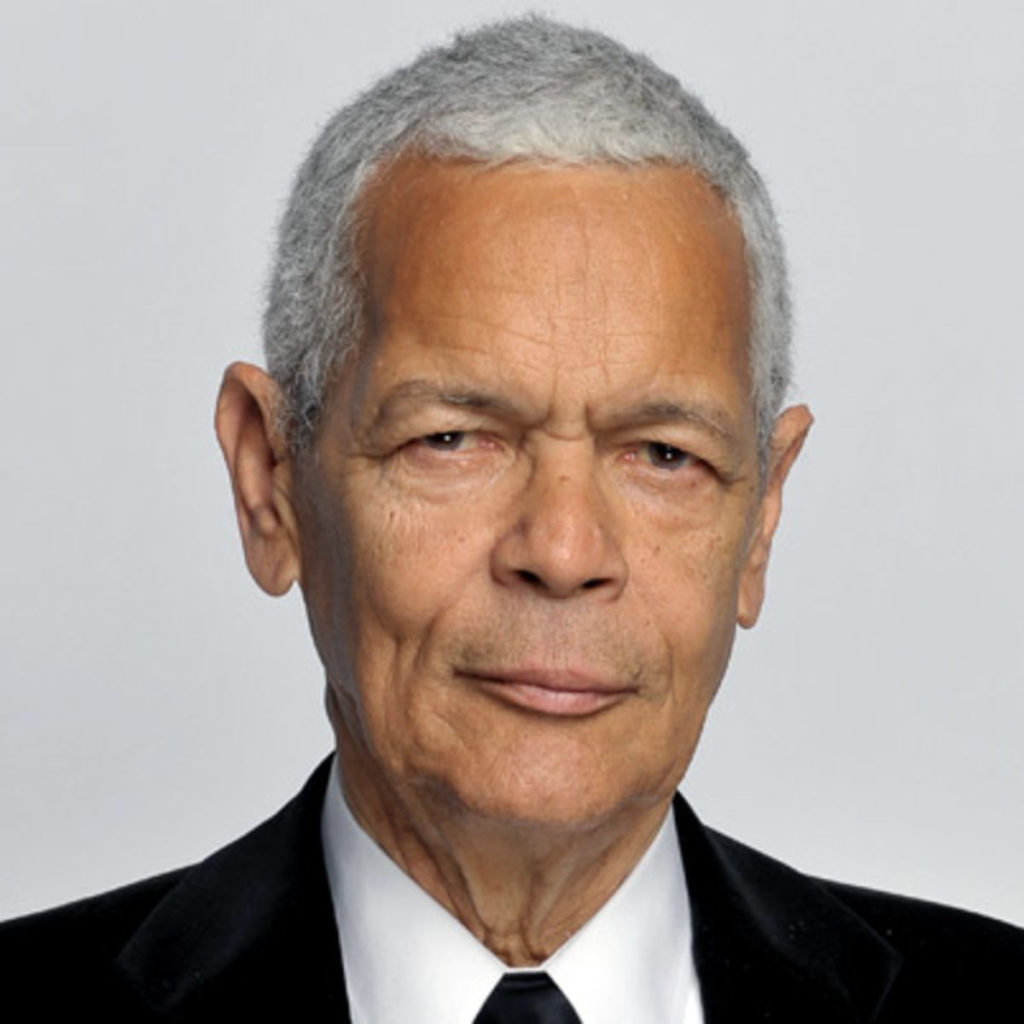Commentary: Julian Bond: Justice Ally and Icon, Now Justice Saint
 Since hearing the sad news of Julian Bond’s death on August 15, I’ve been trying to remember the first time I ever learned his name. He has been one of my heroes for as long as I can remember.
Since hearing the sad news of Julian Bond’s death on August 15, I’ve been trying to remember the first time I ever learned his name. He has been one of my heroes for as long as I can remember.
I’m pretty sure it was in 1976, when, as a 10-year-old, I started my fascination with politics. While many boys were busy collecting baseball cards, I was preoccupied with memorizing political resumes and studying legislators’ policy positions. I can vividly remember sitting at the kitchen table with my mother, writing down and working to commit to memory all the significant political players. I’m pretty sure Julian Bond was on one of those lists.
Bond was a member of the Georgia State Senate at the time, but his prominence extended far beyond the Georgia state line. His reputation as a cool, yet fierce, force for equality had already been well established. During the 1960s, he was one of the key organizers of the Student Nonviolent Coordinating Committee (SNCC) and, in the early 1970s, he co-founded the Southern Poverty Law Center.
He was both protestor and strategist – “Good things don’t come to those who wait. They come to those who agitate!” – and he was convincingly brilliant in front of a television camera, where he could be both quick-witted and sharp-tongued in a single sentence: “Violence is black children going to school for 12 years and receiving six years’ worth of education.” Perhaps this is why he was invited once to host Saturday Night Live in 1977.
Bond’s debonair appearance and warm speaking voice were of movie-star quality, but it was his consistent, unwavering commitment to equality and justice for all people that spoke deeply to me. I can remember setting my VCR on numerous occasions, when he was scheduled to make a Sunday morning interview appearance.
“The humanity of all Americans is diminished when any group is denied rights granted to others,” he would say. Not surprising, then, that Julian Bond became one of the strongest advocates for the rights of lesbian, gay, bisexual and transgender persons. As chair of the National NAACP, he was one of the most vocal supporters of marriage equality whenever and wherever the scapegoating of LGBT relationships became fear-mongering fodder for votes at election time.
“It’s not enough to defend civil rights, you also have to extend civil rights,” Bond said, in opposing anti-gay ballot initiatives in multiple states. “The civil rights movement didn’t begin in Montgomery and it didn’t end in the 1960s. It continues on to this very minute.”
As a United Church of Christ minister, I take great pride in knowing that Julian Bond’s grandfather, the Rev. Dr. James A. Bond, born a slave, was educated at UCC-related Berea and Oberlin colleges and became a professor at UCC-related Fisk University in Nashville. Eventually, in 1917, James Bond became pastor of Rush Memorial Congregational Church in Atlanta, a historic UCC justice congregation that one day would provide grandson Julian a meeting place for his then-fledgling SNCC movement.
The inclusive ethic and justice values of the UCC surely coursed through Julian Bond’s veins. Enough so that, on June 29, just weeks before his death, Julian Bond tweeted out these words, “United Church of Christ calls for Washington Redskins to change name,” moments after the UCC General Synod voted overwhelmingly to do so.
“My rights are not diluted when my neighbor enjoys protection from discrimination,” Bond once said. “He or she becomes my ally in defending the rights we all share.”
Rest in power, and in peace, dear ally.
The Rev. J. Bennett Guess is a National Officer of the United Church of Christ.
View this and other columns on the UCC’s Justice for Witness page.
Donate to support Witness for Justice through the Neighbors in Need offering.
Click here to download the bulletin insert.
Related News
Demystifying the Stigma of Mental Illness
Like many others, I come from a family system that placed taboos on speaking publicly about...
Read MoreStaying Grounded in Tumultuous Times
For years I have referred to myself as a peace-loving hippie-type pacifist who believes that...
Read MoreVision and Reality
In 1215, at Runnymede in England, King John signed the Magna Carta. The mythos surrounding...
Read More
